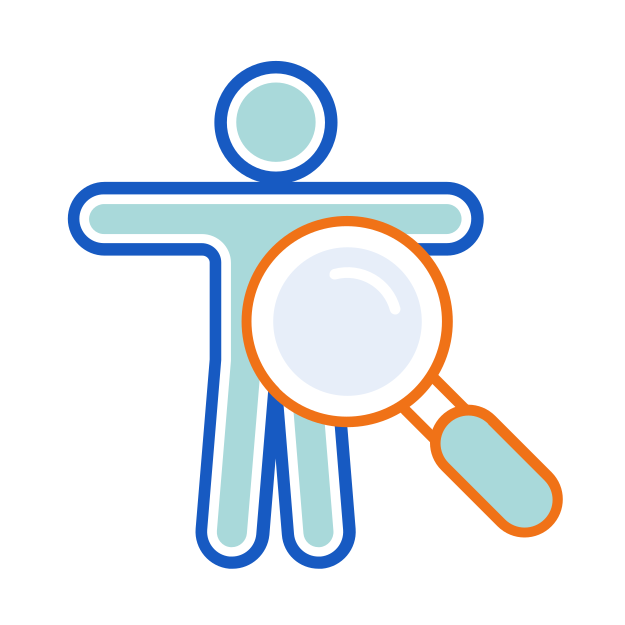On a regular basis, monitor the core elements of dementia: cognitive functioning and functional impairment.
Cognition
Visits can focus on the progression of and/or the appearance of new cognitive symptoms. Behavioral symptoms, in particular, occur in most people living with dementia and are often of great concern to people living with dementia and their caregivers, as well as require significant support from medical and social services.
Tracking progression of symptoms
Keeping track of a patient’s symptoms and their progression can help give a sense of how the person’s condition is progressing. Earlier in the condition it may be valuable to repeat cognitive assessments, for example, by performing the MoCA (Montreal Cognitive Assessment) each year. This may help you get a sense of how the patient is doing and how quickly they are progressing.
But for many patients, once they are diagnosed, it is sufficient to take a regular history of their symptoms and reassess their stage by reviewing function.
Challenging behaviors
Behavioral symptoms are common and it should be expected that at some point in the course of the condition the person living with dementia or a caregiver may ask for help with them. They can be challenging to live with and to manage.
There are two main strategies for management: non-pharmacological and pharmacological. See our video about behaviors and a resource for managing behaviors.
- Non-pharmacological strategies are recommended as the first line, and the goal is to support care partners to have the skills to use this approach. Key ways to do this are: providing information about behaviors and how to manage them, and connecting caregivers to peer support. The DICE approach is a commonly used one for caregivers to assess and address behaviors, and a key feature of this approach is to measure or describe the behavior as concretely as possible, identify triggers for the behavior, and then try things to change it and proceed through trials to find a working strategy.
- Pharmacologic strategies include treating with dementia-specific medications (e.g., acetylcholinesterase inhibitors) and SSRIs. Antipsychotics at low doses are used for the most disruptive and dangerous symptoms. Notably, the choice of agent and dosing is important to minimize side effects because people with dementia may be very sensitive to side effects. And with antipsychotics, people must be informed that they carry a black box warning.
Function
An updated functional assessment of ADLs and IADLs should be done at regular visits to track progression, stage and re-stage, and identify unmet needs.
Staging
Consider reevaluating your patient’s stage at each visit based on the cognitive and functional assessments. Dementia staging is largely based on function and correlates with prognosis. People in the mildest stage have only minor declines in their day-to-day functioning, but in the severest stage, they depend completely on others for day-to-day living, for example, feeding themselves.
- Mild: some or total functional impairment in IADLs, but minimal impairment in ADLs
- Moderate: impairment in some ADLs (2/more ADL impairments is part of the criteria for skilled nursing home admission)
- Severe: impairment in most or all ADLs (prognosis is typically 1-2 years at this stage)
The CDR scale or FAST scale is often used to stage people and used to determine hospice eligibility (which is typically considered stage 7).
Medication for dementia
There are medications for dementia symptoms. If someone has confirmed Alzheimer's disease and is at a mild stage of dementia, newer disease-modifying medications may be available if there is a specialty center administering them locally.
- Medications for dementia symptoms: The primary medications used to treat dementia may provide some symptomatic benefit in cognition and function, but do not stop progression. For people in the moderate or severe stages, these medications are sometimes used in combination. See this additional explanation on UCSF's Memory and Aging Center's website.
- Acetylcholinesterase inhibitors- donepezil, rivastigmine, galantamine. These medications are first-line.
- Memantine is an NMDA receptor antagonist. This is approved for moderate to severe stages of dementia.
- Disease-modifying medications for early Alzheimer's disease: Lecanemab and donanemab are recently-approved monoclonal antibodies targeting amyloid in the brain. They have been shown to slow progression of Alzheimer's disease in short-term studies. These require regular infusions and close monitoring during treatment. We do not yet know their long-term clinical benefit.
Symptom Monitoring
How to assess and monitor the core symptoms of dementia.
Action Plans
Creating a comprehensive plan from brain health to safety planning.
Explore Action Plans
